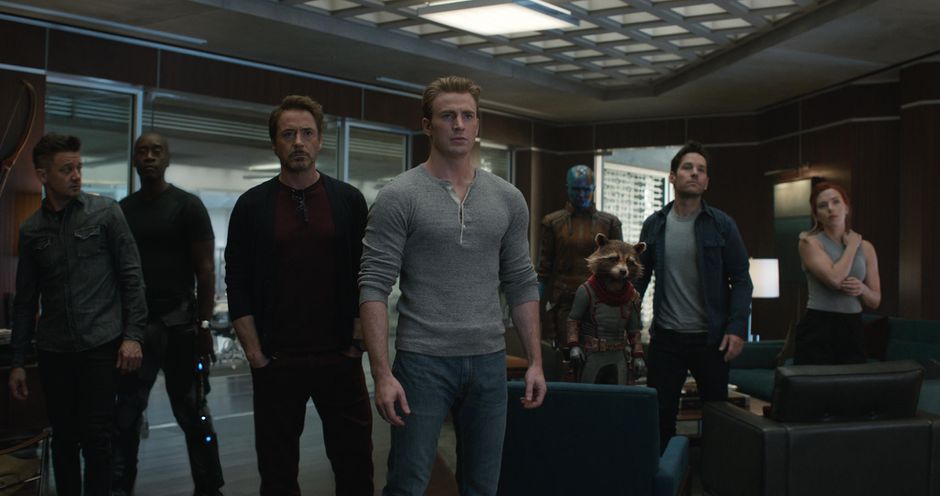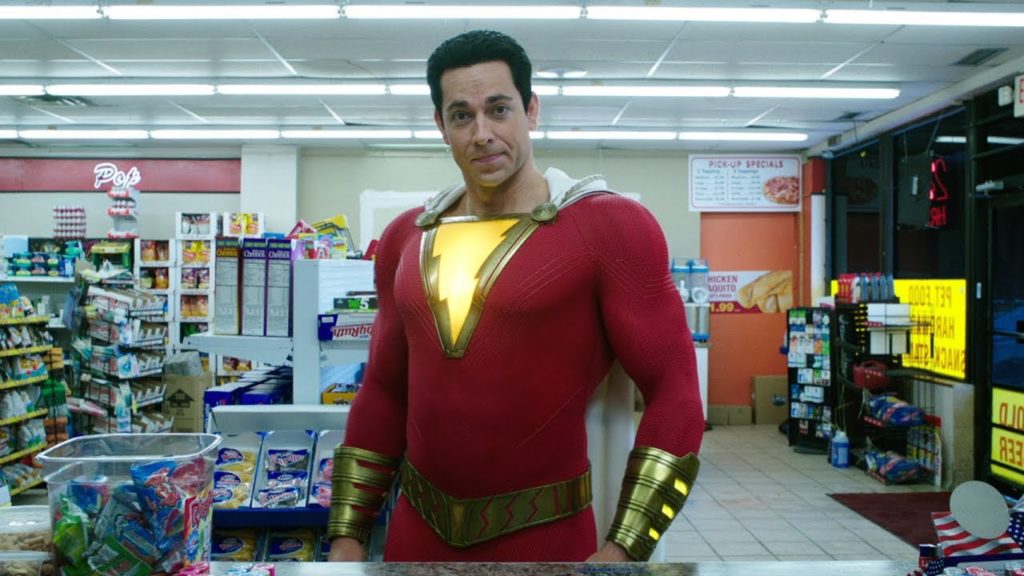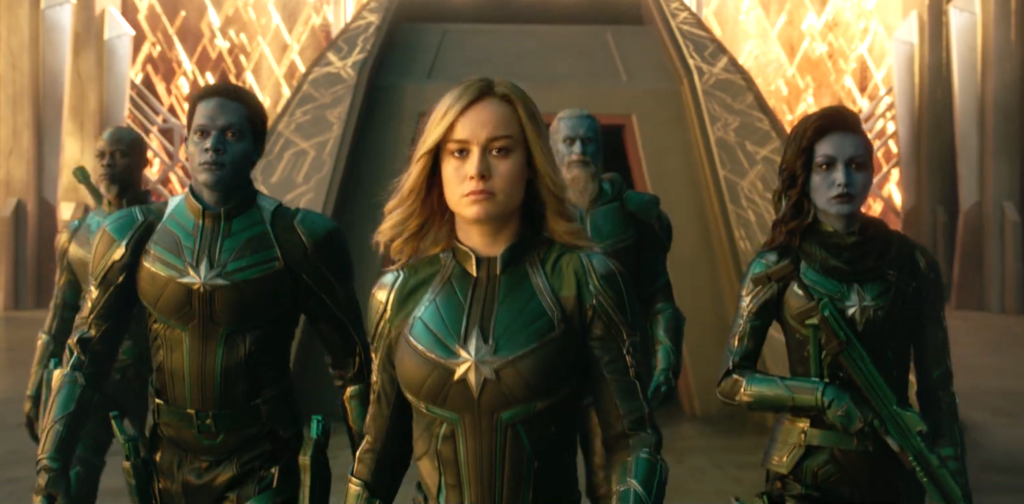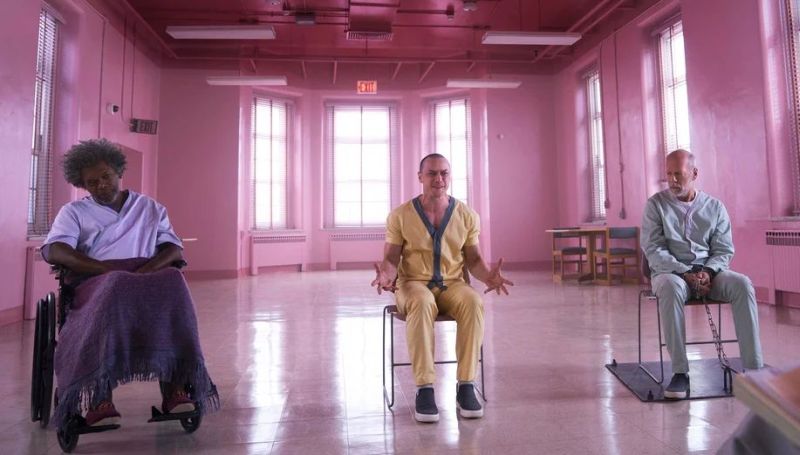Dark Phoenix: Rise from the Ashes, or Just Burn It Down?
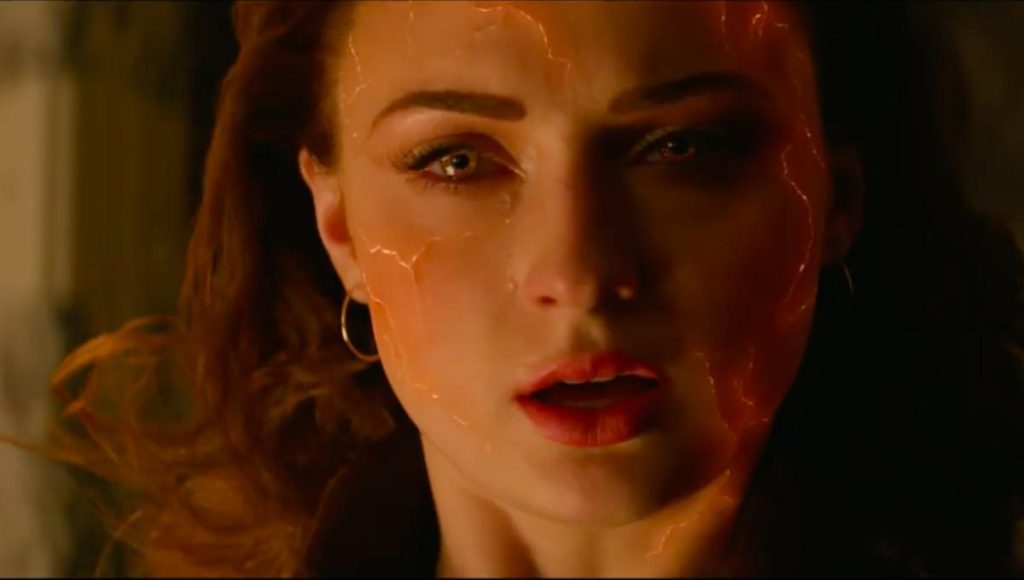
To paraphrase Patrick McGoohan’s line from Braveheart, the trouble with superhero movies is that they’re full of superheroes. On the flat pages of comic books, readers can rely on their imagination, translating two-dimensional splash panels into vibrant, kinetic action in their mind’s eye. But on film, the crude literalism of the screen requires directors to convey often ambiguous powers—psychic energy, beams of light, metaphysical toil—in blunt cinematic language. The result tends to be a strange sensation of detachment, as though you’re watching stage actors pantomime their performances in an early rehearsal, knowing that the production flourishes will be locked in by opening night.
Jean Grey, whose malevolent alter ego gives the film Dark Phoenix its name, presents an especially formidable challenge in this regard. She wields her mutant abilities, which in the comic-book lexicon carry fancy terms like astral projection and telekinesis, not via any visible external method but through internal concentration. She can practically rip the world apart with her mind, but how do you articulate that process with any spatial coherence or physical weight? Read More

